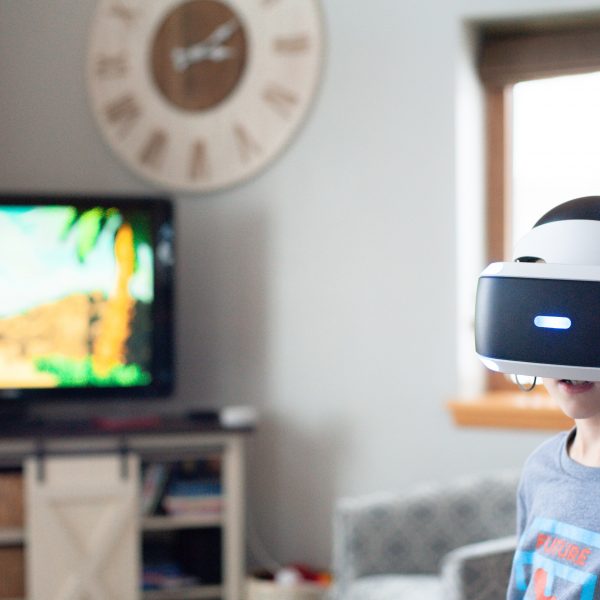When children use tablet devices in their play, their play is less creative: Study

Preschoolers who incorporate tablet computers and devices into their play are less creative and imaginative in those play times than when they are playing with physical objects, a new small scale study from Uppsala University has found.
Although the study is small, the difference in play outcomes is substantial, and the results counter occasional claims that new technology would make children more creative.
“Although the study is quite small, it shows that we should perhaps be careful about using touch screens with preschool children,” notes Robin Samuelsson at the Department of Scandinavian Languages at Uppsala University.
Researchers at Uppsala worked with the Institute of Education at University College London in the UK, exploring almost one hundred play activities in two groups of preschool children, with one group of two-year-olds and another group of children aged between four and five years of age.
30 children at two preschools participated in the study during the preschool’s free play sessions, (i.e. play without much involvement from teachers.)
Previous studies have often evaluated entirely new apps or technologies, for example virtual reality (VR) and augmented reality (AR), at preschools. In this study, however, the researchers wanted to investigate how the children played with common, popular apps during free play.
The researchers conducted a multi-method study in which they recorded video of the children playing at preschool. They examined both patterns in the children’s play and what the children did when they played with tablets compared to physical toys such as toy bricks and dress-up clothes.
During play with tablets, the focus was on what the children did on the screens and with their peers. The children’s play was compared after the study adapted an established framework for categorising children’s play created by Bird & Edwards in 2015.
The study showed that play involving the tablets was more exploratory but had less elements of pretend and fantasy. The nature of tablet play was also different from games that children of that age usually play.
Use of digital tools in preschool
The curriculum for preschool, known in Swedish as Lpfö 2018, states in its guidelines for care, development and learning that preschool teachers must take responsibility for ensuring that every child can use digital tools in a way that stimulates development and learning.
As a result, tablets have become established in the country’s preschools and a part of many children’s everyday lives. Both educators and researchers have witnessed the opportunities afforded by new technology.
“Our results were clear but also surprising, given the curriculum,” Mr Samuelsson said.
“We hope that our results are meaningful and helpful to preschool staff, but also to parents and others who interact with children and technology in day-to-day life. While there are possible learning mechanisms for exploratory play using tablets, there should be an awareness of the ways in which new technologies affect children.”
Popular

Workforce
Policy
Quality
Practice
Provider
Research
ECEC must change now, our children can’t wait for another inquiry
2025-07-02 07:47:14
by Fiona Alston

Workforce
Practice
Provider
Quality
Research
Supporting successful transitions: Big moves, big feelings
2025-06-26 11:00:30
by Fiona Alston

Workforce
Policy
Quality
Research
Inclusive Practice Framework set to strengthen inclusion in early childhood settings
2025-06-24 11:37:00
by Isabella Southwell













